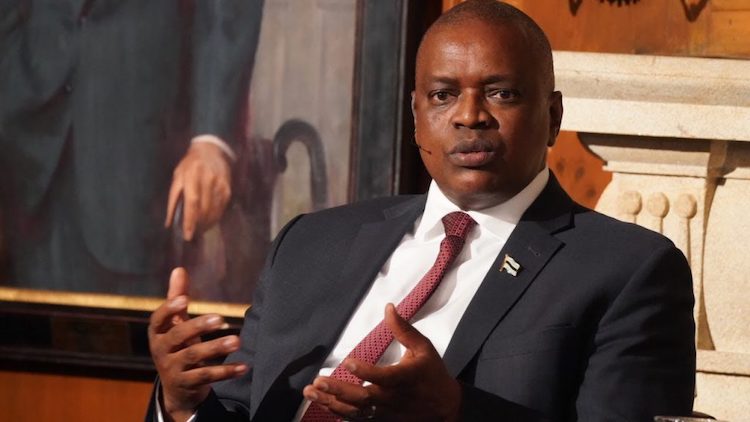By Lisa Vives, Global Information Network
NEW YORK | GABORONE 3 July 2023 (IDN) — Diamonds may be forever but the question of who has the rights to the sparkly stones is anything but set in stone.
This was made clear when the government of Botswana won a new “agreement in principle” with De Beers, the international diamond conglomerate, after a round of tough negotiations.
Under the new agreement, Botswana, the world’s second largest diamond producer, will immediately get a 30 percent share of the rough stones extracted, up from 25 percent which will rise to 50 percent within a decade.
De Beers will also pump in 1 billion pula ($75 million) towards a diamond fund which will invest in “additional value to the Botswana economy,” the company said, adding the contributions would grow 10 times over the next 10 years.
Originally the company kept all of the diamonds it mined. In 2011, De Beers took 90 percent of the rough diamonds mined, while Botswana had 10 percent. In 2020, Botswana’s share rose to 25 percent. Last year, De Beers obtained about 70 percent of its rough diamonds from Botswana.
This time, Botswana President Mokgweetsi Masisi and other government officials demanded that Botswana receive more than 25 percent of the rough stones, and that De Beers make some investment in helping to expand other areas of the diamond industry in Botswana, including cutting and polishing, jewelry making and retail sales.
In challenging De Beers to give them more, Botswana officials were pressing a broader demand of African countries to get more from the natural resources that belong to them. There is a long history of countries on the continent losing out on their resource wealth to theft, corruption and mismanagement.
Diamond mining accounts for a third of the southern African country’s GDP. The discovery of diamonds in 1967 helped Botswana to move from one of the poorest countries in Africa to a middle-income country. Ironically, that same discovery contributed to vast levels of income inequality and poverty in the nation.
Though Botswana is not technically a poor nation, substantial clusters of poverty remain in its rural areas. In some rural areas, the poverty rate is as high as 46 percent and unemployment for the country is at 20 percent.
According to the World Bank, Botswana is one of the most unequal countries in the world, job creation lags, and unemployment is structurally high at 25.4% (end of 2022).
Many argue that their country is being cheated: the diamonds belong to them, they say, and it’s time for De Beers to take a back seat.
“Let us do it our way,” said an employee at Jwaneng Mine, the richest open pit diamond mine in the world in an interview with a reporter. “We are learned enough now. Like those diamonds, we are processed now.”
When it first partnered with De Beers, Botswana had very little expertise in diamonds and few resources to mine them. Now, with more skills, the country is demanding that cutting and polishing—as well as jewelry-making and retail sales—happen with its borders.
“We must refuse to be enslaved,” declared President Masisi of the 54-year-old partnership with the world-leading diamond producer.
Speaking at a community meeting, he continued: “This is not [about] ‘until death do us part’ or a permanent agreement.”
With Botswana due to hold its general election next year, Masisi said he would be willing to lose over the sensitive issue.
“I am not scared,” he said. “Yes, we are politicians and always lobby for votes, but if it means losing as a result of this issue, let it be.” [IDN-InDepthNews]
Photo: President of Botswana Mokgweetsi Masisi (photo credit: Council on Foreign Relations via YouTube)
Visit us on Facebook and Twitter.
IDN is the flagship agency of the Non-profit International Press Syndicate.
We believe in the free flow of information. Republish our articles for free, online or in print, under Creative Commons Attribution 4.0 International, except for republished articles with permission.

